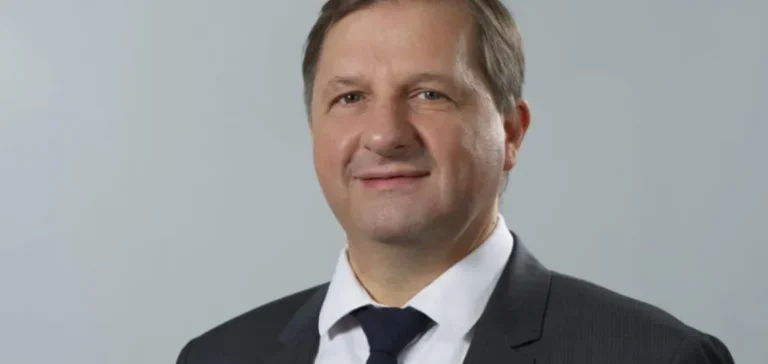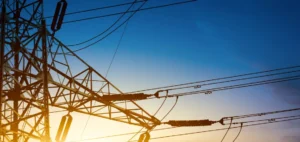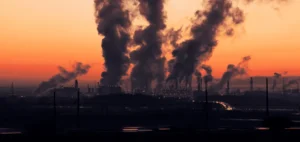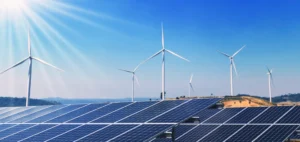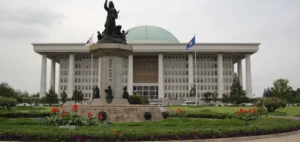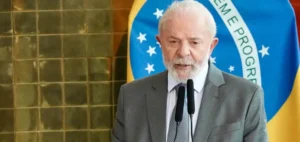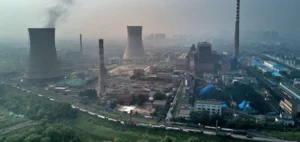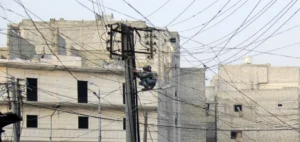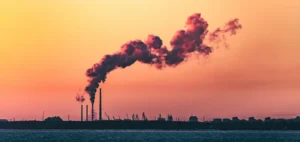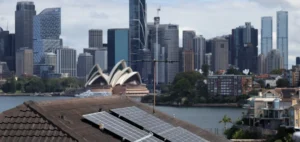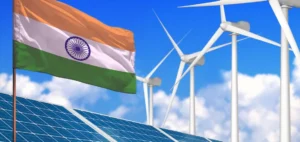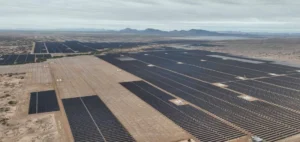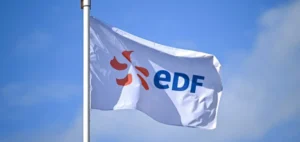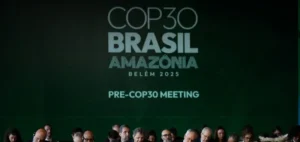The Agence de la transition écologique (Ademe – French Agency for Ecological Transition) is facing open political challenges, with some members of parliament proposing its dissolution as part of the 2026 budget discussions. In a LinkedIn post, Sylvain Waserman, president of the agency, responded to the criticism by highlighting Ademe’s effectiveness and its strict handling of public funds.
Financial execution under state mandate
Sylvain Waserman emphasised that the €3.4bn allocated in 2024 does not represent Ademe’s own budget, but funds from the French government implemented under a clearly defined mandate. He noted that 92% of the amount was directed towards industrial decarbonisation projects or district heating networks, in cooperation with companies and local authorities.
The Heat Fund remains a key financial tool. With €820mn allocated in 2024 and €800mn confirmed for 2025, the funds were fully committed last year. The agency supported 1,350 installations, reinforcing the development of heat networks supplied by renewable thermal energy sources.
Broader operational responsibilities
Beyond funding, Ademe handles several technical missions on behalf of the French state. It manages remediation of polluted sites classified as “orphaned” when no viable responsible party can be identified. The agency also maintains the Base Carbone, the national reference database used for calculating greenhouse gas (GHG) emission factors in corporate regulatory reports.
Ademe is also responsible for managing several industrial decarbonisation project calls, which were extended in 2025 despite increasing budgetary constraints. These schemes are intended to support companies in aligning with France’s emissions reduction targets.
Institutional debate amid fiscal review
The proposal to eliminate Ademe, tabled through a parliamentary amendment on 6 November 2025, reflects a broader push to streamline public agencies under tightened state finances. Recurrent criticism has targeted the agency’s legitimacy, cost structure and operational scope.
In response, Sylvain Waserman stated that Ademe operates as a state-controlled entity that “delivers on its assigned objectives”. He referenced a report by the Inspection générale des finances (IGF – General Inspectorate of Finance), which concluded that the agency is “generally well-managed”.


